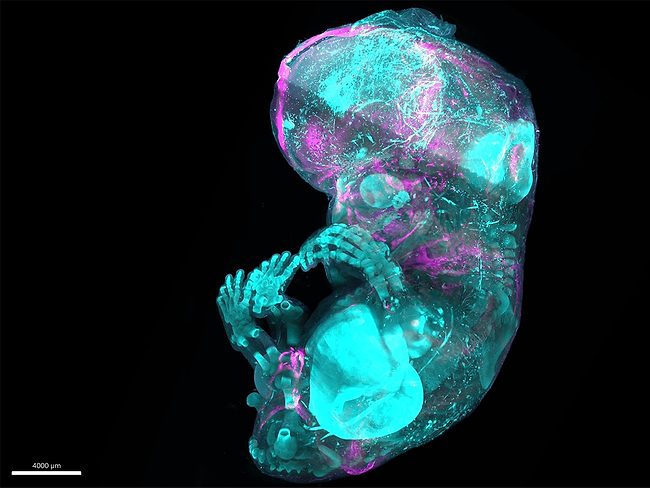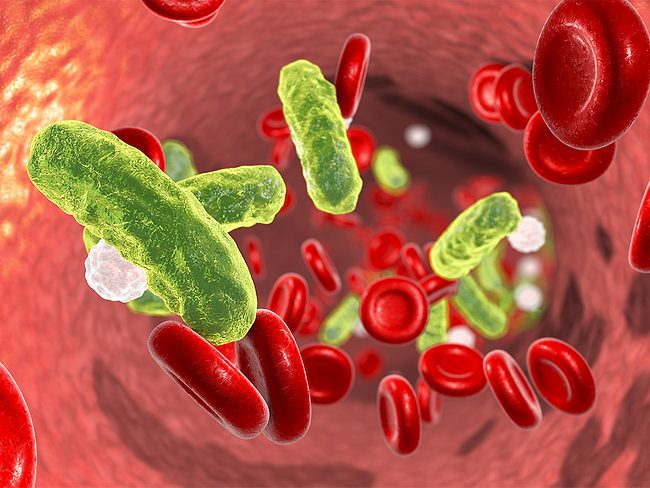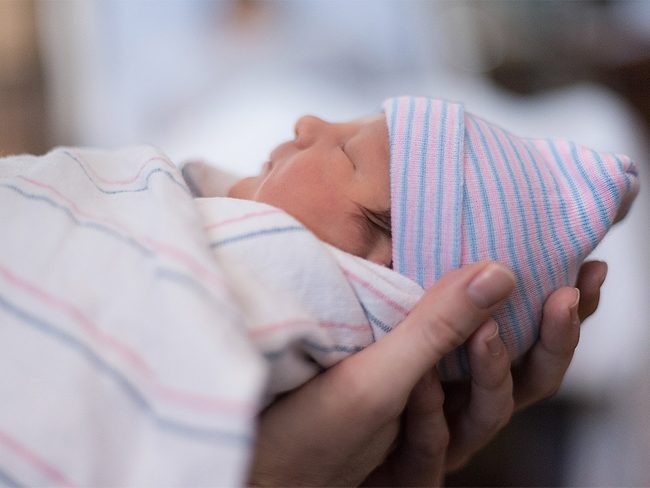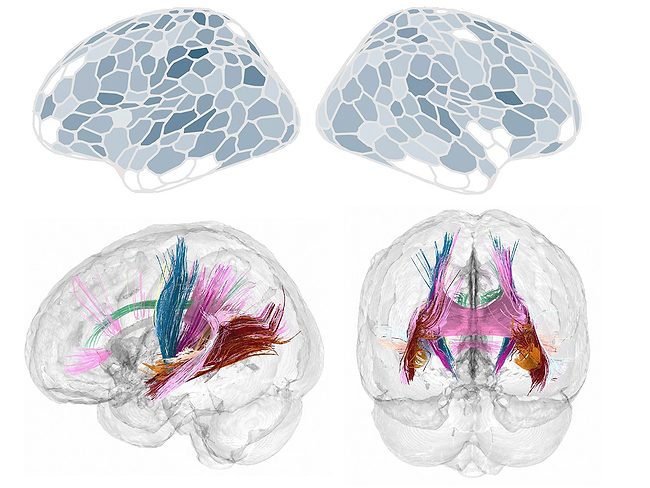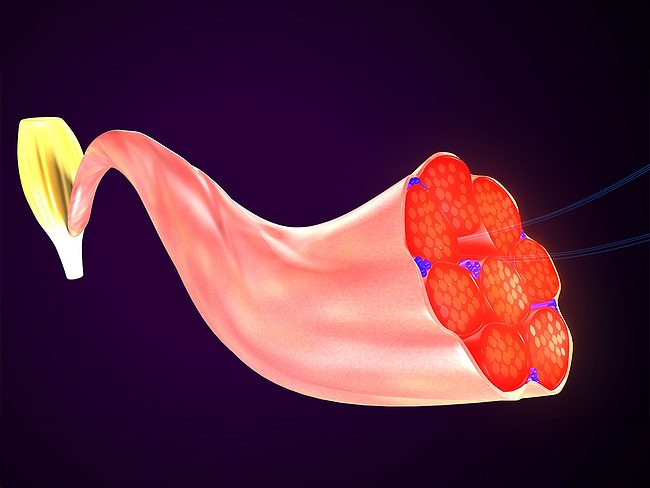
Neonatal/pediatrics
Drug design, drug delivery & technologies
More than 100M cells included in the human cell atlas
Read MoreDrug design, drug delivery & technologies
More than 100M cells included in the human cell atlas
Read MoreNeurology/psychiatric

